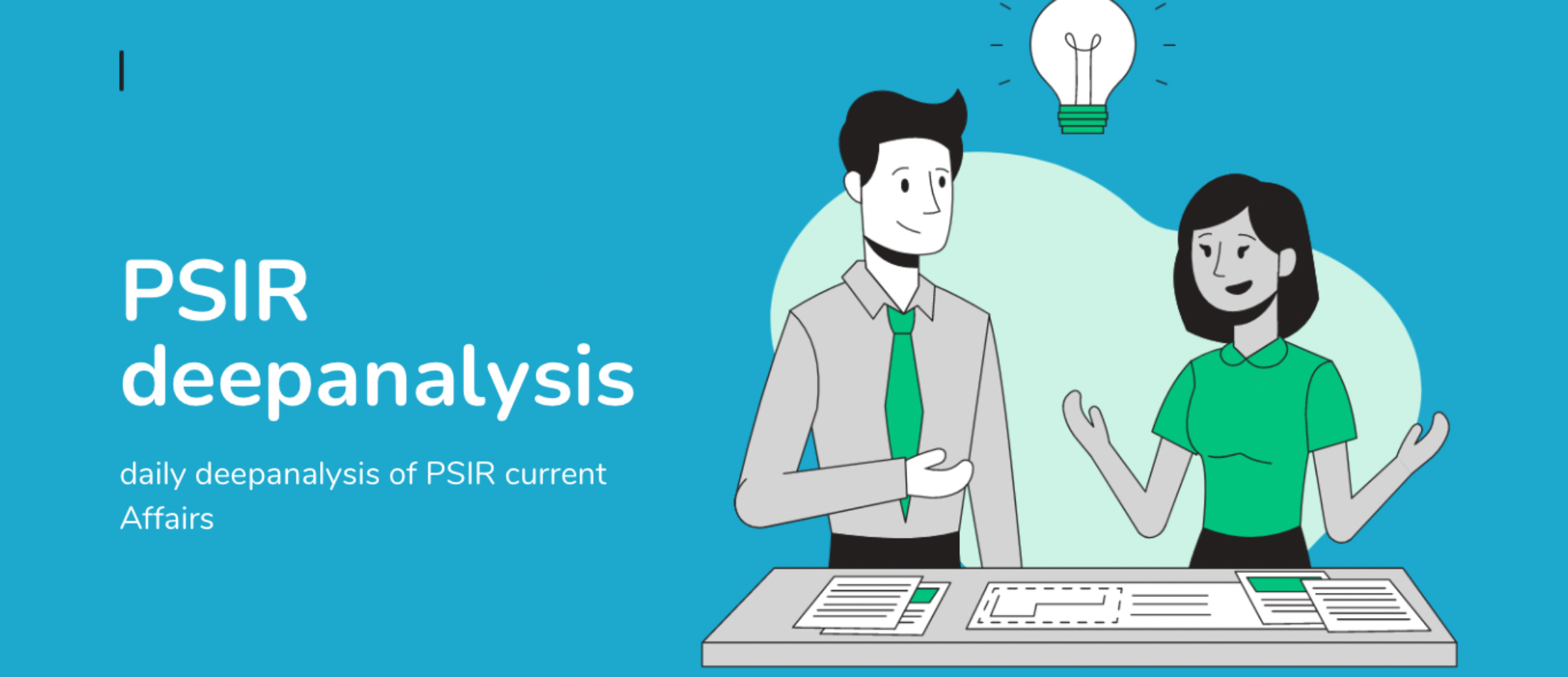Hannah Arendt
-
“Thinking without barriers.” Therefore can’t be categorised under any of the school of thought.
-
Civic Republicanism – Importance of active participation by people in state affairs.
-
Methodology – Phenomenology – To understand phenomenon through first hand experience.
-
Social Capital – Needed to run society.
-
Totalitarianism – Root – Hopelessness with political system.
-
Crackpots.
-
Fiction or propaganda.
-
Movement without any aim.
-
Product of bureaucratisation.
-
Totalitarian parties have onion like structure –
-
Front organisation to influence people.
-
Estoric doctrines.
-
Core leaders do understand fiction.
-
-
-
Critic of modernity.
-
Favours participatory and deliberative democracy.
-
Recommends freedom of speech and expression we potentialise ourselves to do something new.
-
Action = Speech
-
Ways to build theories –
-
On the basis of reason.
-
On the basis of observation.
-
For both generalisation can be done.
-
-
Prominent works of Hannah –
-
On origins of totalitarianism – “Cold War Intellectuals”
-
Criticised for this.
-
She has criticised Nazism and Leninism.
-
Criticised totalitarian regimes of 20th cent, targets nazism and stalinism.
-
Acc to Hannah Totalitarianism is totalitarianism.
-
-
On human condition – Philosophical work.
-
Theory of action.
-
-
Eichmann in Jerusalem –
-
Eichmann was not guilty.
-
Concept of “Banality of Evil”
-
She recommends thinking.
-
-
-
Margaret Canovan –
-
Hannah not to be considered as historian who could brief on causes of totalitarianism.
-
We should not expect basic features of totalitarianism from Hannah.
-
-
Difference between authoritarian and totalitarian regime –
-
Authoritarian – Violence was with some objective, they used violence against adversaries.
-
Totalitarianism – Violence against enemies as well as followers.
-
-
Reasons for atrocities done against Jews –
-
Fictional enemy.
-
They were seen as symbol of state, it was felt that they’re given preferential status.
-
Were attacked when they were loosing political influence, it means that anyone could have been enemy.
-
-
Totalitarianism destroys nationalism.
-
Fascist promoted – Tribal Nationalism – Racism.
-
Rise of Totalitarianism –
-
Imperialism – Product of capitalism. Excess generated capital needs to be generated to be invested abroad.
-
Anti-Semitism – Anti Jews. Denotes myths of racial superiority.
-
-
Hannah on Power –
-
Conventional understanding –
-
Belong to state.
-
Coercive in nature.
-
Use requires legitimisation.
-
-
Power vs Strength – Strength is characteristic of individual, power is characteristic of collectivity.
-
Power vs Force – Force is natural. Eg – Wind. Power belongs to world of humans.
-
Power vs Violence –
-
She links violence with authority or state.
-
We are powerless when we are isolated and vice-versa.
-
Power does not need legitimacy, it itself is legitimate.
-
State can exercise power with support of people.
-
State resort to violence when people don’t support.
-
-
-
Violence = Power – Legitimisation.
-
Power is sui generis.
Theory of Action – “The Human Condition”
-
Real action is Action.
-
Labour –
-
Man can’t survive without this.
-
But she unlike believes that labour is not the most important because it does not give freedom.
-
Animal Laboran.
-
-
Work –
-
Work gives partial freedom.
-
In this situation man is a builder.
-
Man acts as a Homofaber.
-
-
Action – Most Important.
-
This action is performed, when man participate in civic affairs/sphere.
-
Most important human action i.e human condition.
-
-
Human Condition –
-
It means only when we participate in civic affairs we act like humans.
-
Human Condition = Political Animal.
-
Hannah Aristotle
-
-
Importance of Action – Because man wants freedom, freedom is not present in totalitarian societies. To end totalitarianism we need to perform “action.”
-
Diversity – Each human is different, hence we need to recognise diversity. Totalitarianism doesn’t recognise diversity. Totalitarianism leads to homogenisation.
-
Equality – Though all beings are different yet all are equal.
-
Fascism – Continental Imperialism.
-
Speech – Honest speech. Speech which has congruence between words and action. Action and speech is performed through action.
-
Theory of action = “Praxis” of Hannah.
Banality of Evil – Normalisation of Evil
-
We are living in a society where evil does not appear evil.
-
Despite being a Jew she didn’t consider Eichmann as guilty, because acc to her, he was on his job.
-
Crisis of modernity – Economic sphere most important.
Hannah’s concept of Revolution –
-
Different from that of Marx.
-
Praised American and criticised revolution.
-
French Revolution led to rule of totalitarians, whereas American revolution led to democracy.
-
Revolution means ability of do something new –
-
Thus revolution gives real freedom.
-
Real freedom come when people participate in direct democracy/civic affairs.
-
